Year in Review: Software and desktops in 2009
This year we saw new operating systems from Microsoft, Apple, Google and Ubuntu all vying for our attention, a flurry of new browsers and ogled lust-worthy hardware from Apple and Dell.

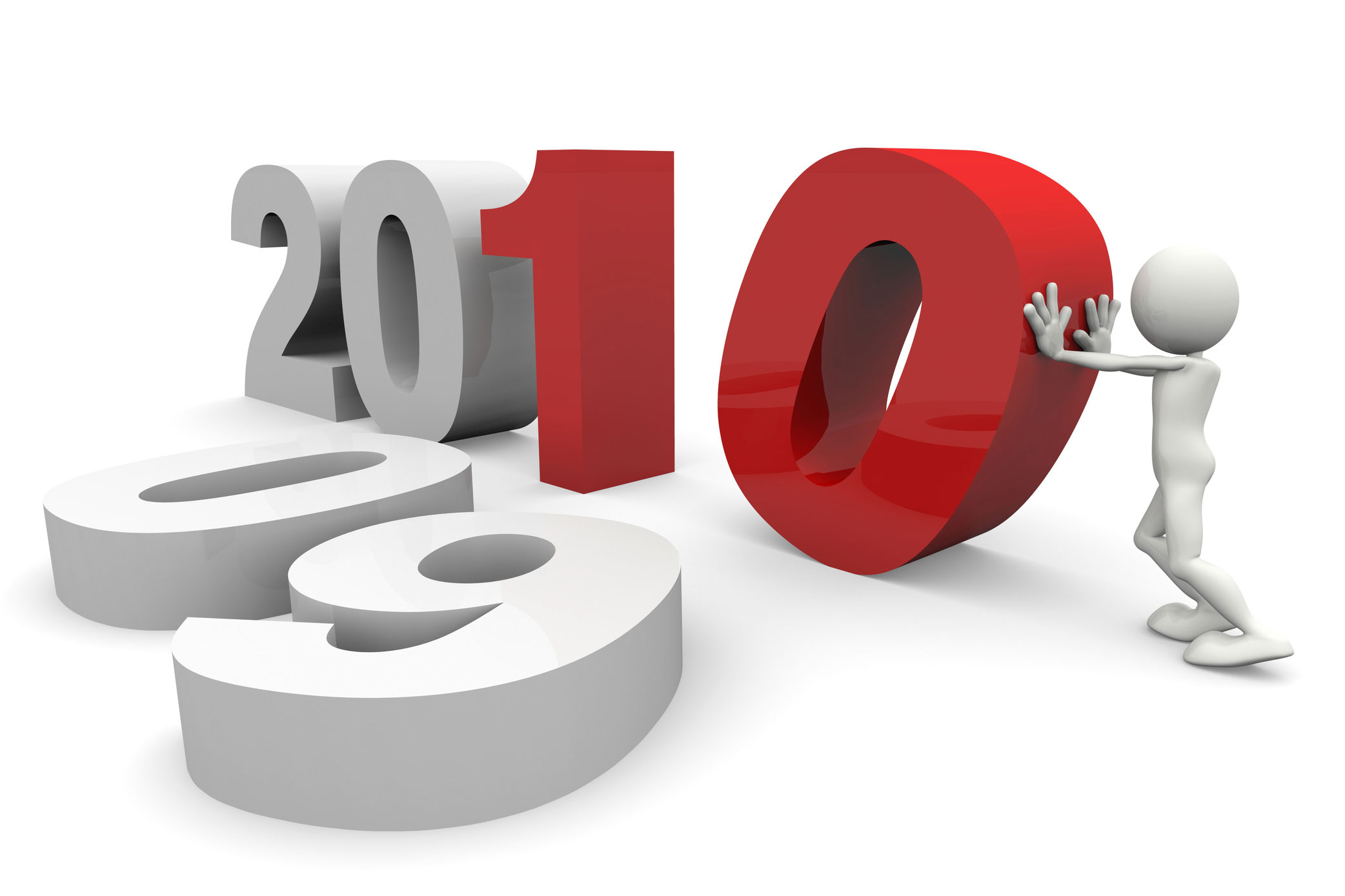
Sign up today and you will receive a free copy of our Future Focus 2025 report - the leading guidance on AI, cybersecurity and other IT challenges as per 700+ senior executives
You are now subscribed
Your newsletter sign-up was successful
This year has seen several technologies move from being new kids on the block to becoming firmly entrenched in the mainstream. Netbooks have established themselves as essential business tools, smartphones have become de-rigueur for the business professional and the browser war moved to new heights of competitiveness.
Operating systems
We also got new operating systems from Microsoft and Apple and new flavours of Linux.
In fact, the first review of the year was a first look at Windows 7 beta, which gave us our first clear hint that Microsoft was working hard on righting the wrongs of Vista. Even at this early stage, the improved interface, the easier navigation and genuinely useful new features were apparent to see.
In the world of operating systems, Microsoft didn't have it all to itself, as Apple launched its Snow Leopard update in September. Though controversy raged as many decried it as no more than a service pack for Leopard, though at 25 at least it wasn't outrageously priced.
This was followed in November by the latest flavour of Linux, in the guise of a Karmic Koala, the interesting name for Ubuntu 9.10, which for a free OS proved to be really very good indeed, and certainly worth a look for any company thinking about divorcing Microsoft.
The best tech We later saw some interesting tech in the form of the Linotop 2, a very small, very cheap Linux PC, and also an early pico projector, though we weren't too impressed with the image it delivered.
Sign up today and you will receive a free copy of our Future Focus 2025 report - the leading guidance on AI, cybersecurity and other IT challenges as per 700+ senior executives
Asus's Eee PC range was still doing the business for netbooks with the 1000HE model offering an effective mix of a decent keyboard and good battery life.
Apple gave its venerable white MacBook a refresh, giving it a unibody shell just like its more expensive Pro siblings, albeit in white. Apple also upped its iMac screen size to a very impressive 27in. We also drooled at the sleek but expensive new lines of the Dell Adamo.
Search and online
Microsoft also brought its Bing search engine out of Beta, claiming that thanks to a large amount of local optimisation, the UK version was ready for prime time. Bing now even integrates the results from super clever calculation engine that is Wolfram Alpha, but we'll have to wait until next year to see whether Microsoft has made any serious dent in Google's market share, though as it pretty much admitted, it would take what it could get.
Microsoft also impressed us with the heavily revised Internet Explorer 8, which not only laid on the features, but actually made concessions to true internet standards, instead of foisting Microsoft's own upon developers. We liked it at the time as it was a polished product that was a great improvement on its predecessors, but as the competitors have ramped things up in the speed stakes it once again looks dated.
Google for next year?
Next year though could be all about Google, as we got a taster of next year's big event, in the form of Google Chrome OS, which is set to be, at the very least, a disruptive force in the world of netbooks.
Benny Har-Even is a twenty-year stalwart of technology journalism who is passionate about all areas of the industry, but telecoms and mobile and home entertainment are among his chief interests. He has written for many of the leading tech publications in the UK, such as PC Pro and Wired, and previously held the position of technology editor at ITPro before regularly contributing as a freelancer.
Known affectionately as a ‘geek’ to his friends, his passion has seen him land opportunities to speak about technology on BBC television broadcasts, as well as a number of speaking engagements at industry events.
-
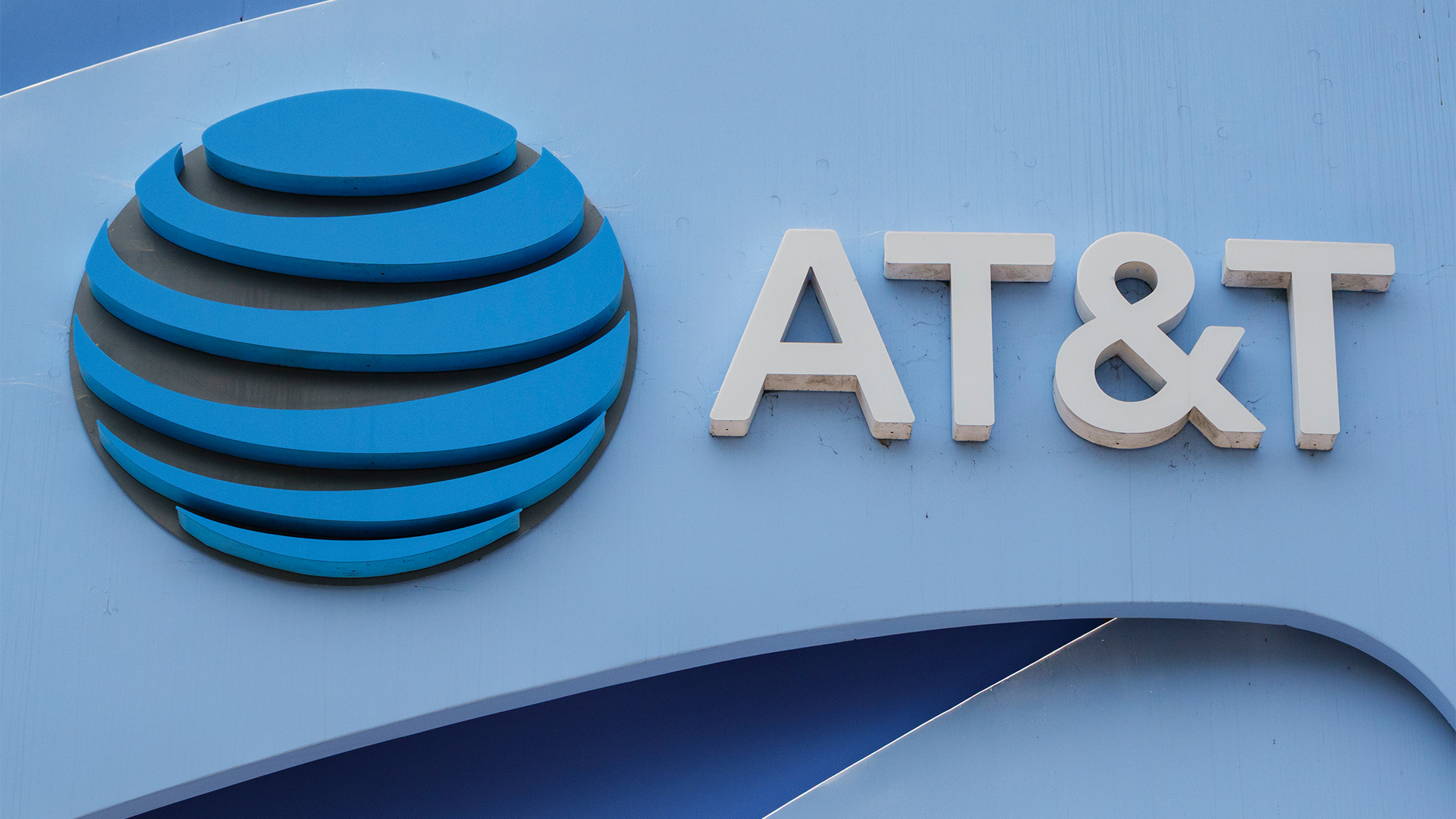 AT&T expands AWS partnership in network modernization push
AT&T expands AWS partnership in network modernization pushNews The telecoms giant said the deal will supercharge the nation’s connectivity infrastructure
-
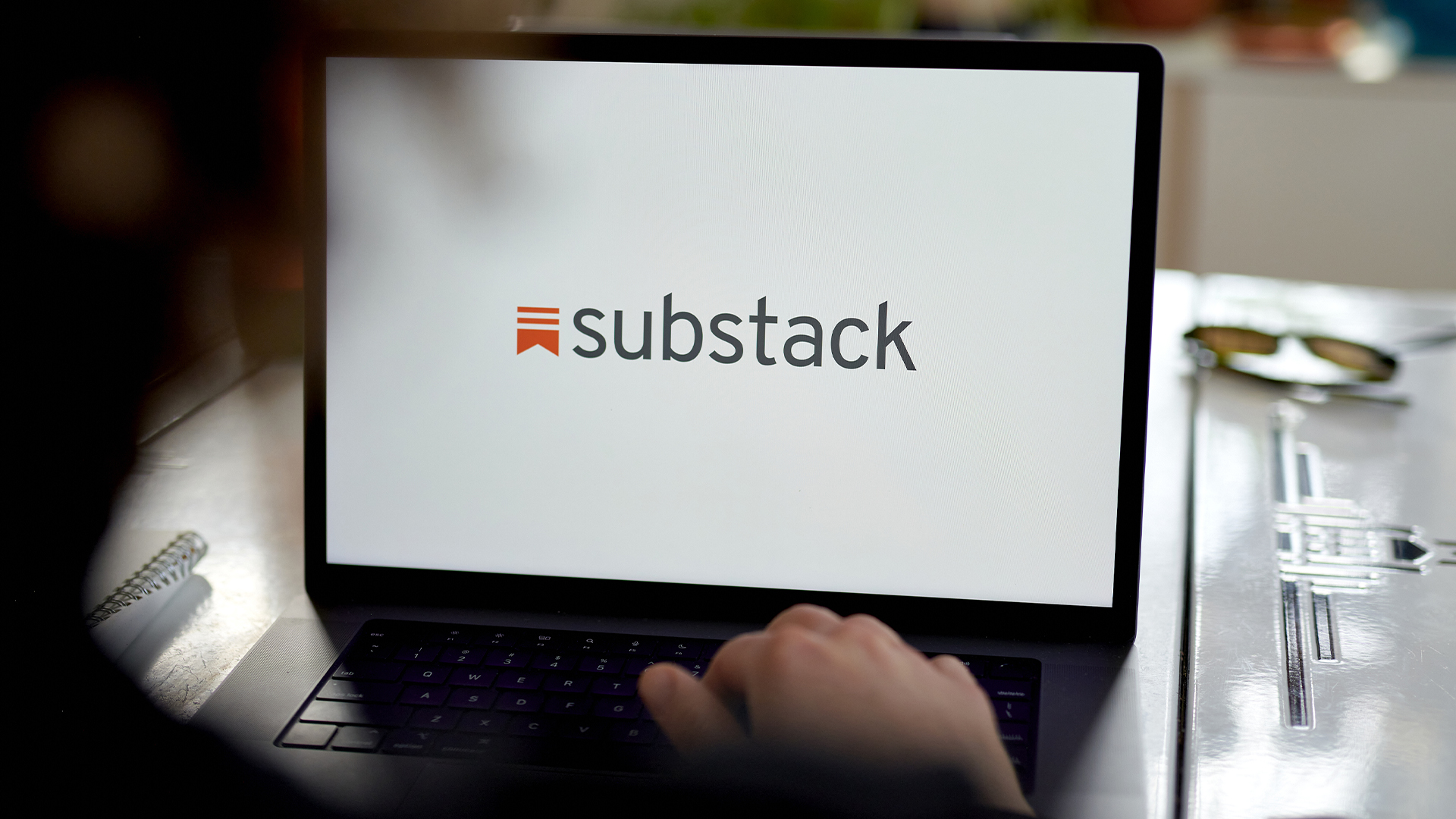 Security experts warn Substack users to brace for phishing attacks after breach
Security experts warn Substack users to brace for phishing attacks after breachNews Substack CEO Christ Best confirmed the incident occurred in October 2025
-
 BSA settles at £29,000 for unlicensed software use
BSA settles at £29,000 for unlicensed software useNews The Salamander Organisation feels the force of the Business Software Alliance for not paying their software licences.
-
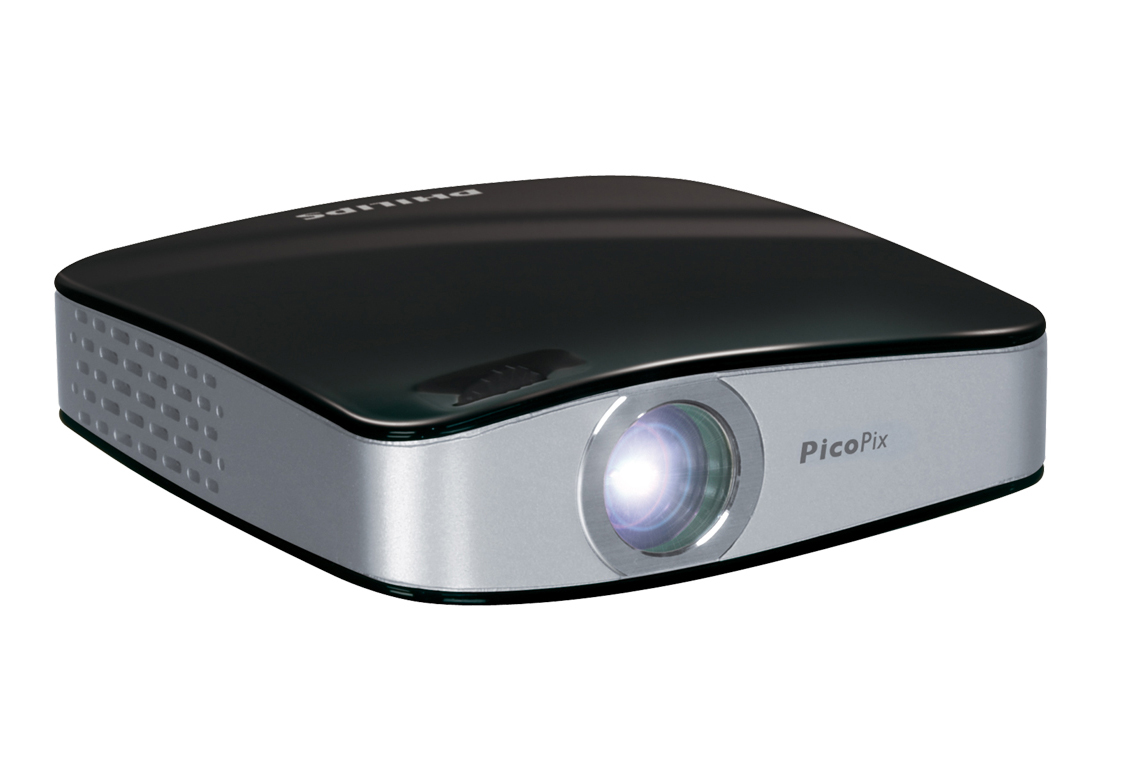 Philips PicoPix PPX1020 review
Philips PicoPix PPX1020 reviewReviews A handheld projector for just £162 - a bargain or a false economy? Jim Martin takes a closer look in our review.
-
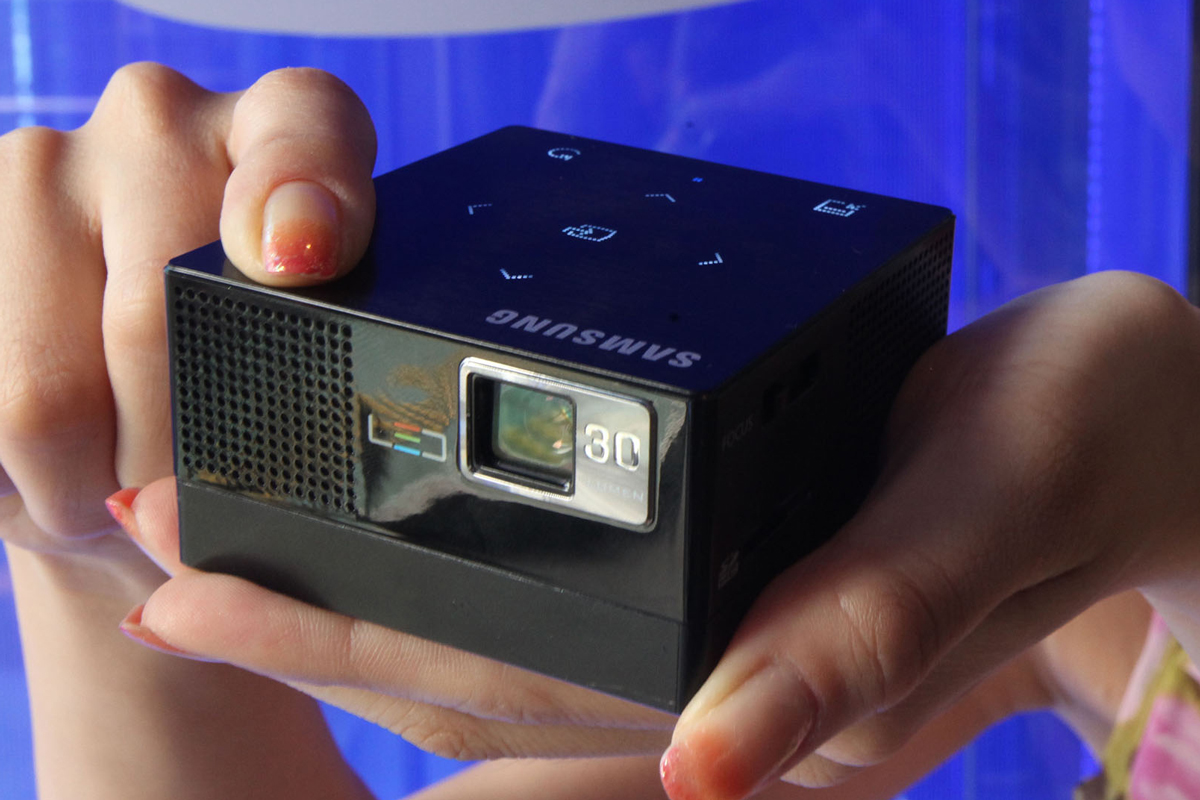 Samsung SP-H03 review
Samsung SP-H03 reviewReviews Finally, a pocket-sized projector worth buying.
-
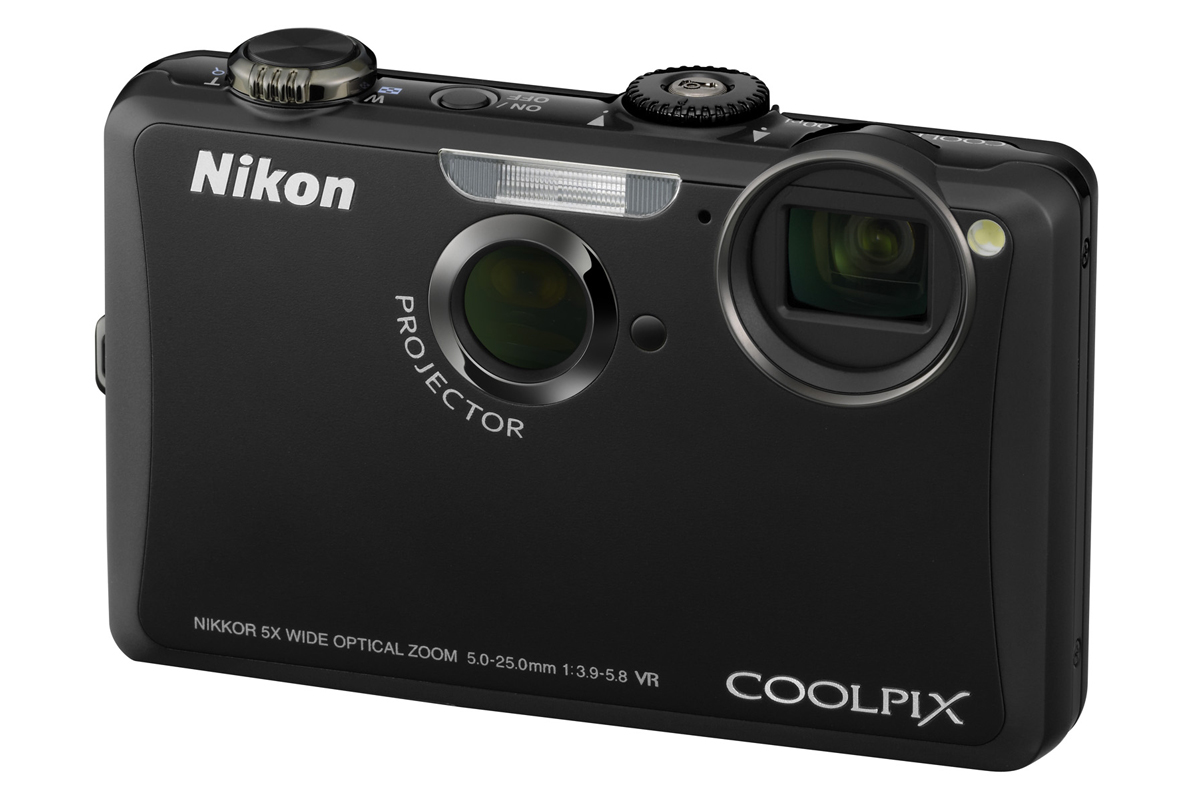 Nikon Coolpix S1100pj review
Nikon Coolpix S1100pj reviewReviews A digital camera with a built in projector – it’s bound to impress, but for how long?
-
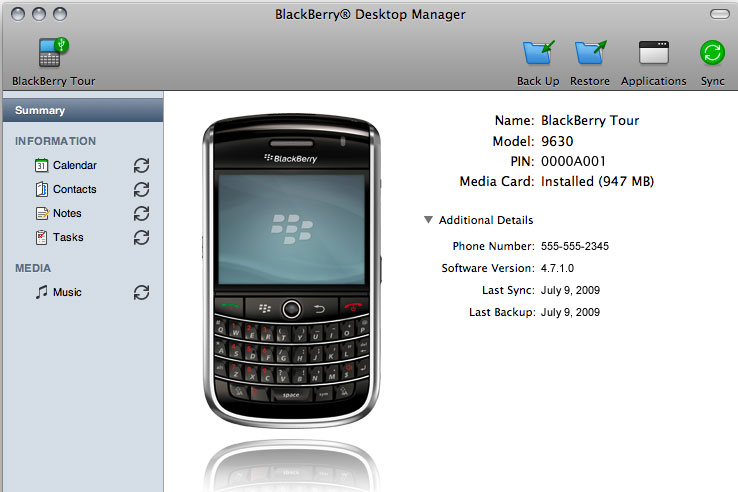 RIM unveils BlackBerry software for Macs
RIM unveils BlackBerry software for MacsNews BlackBerry has announced today that its desktop software will be available for Mac users in September.
-
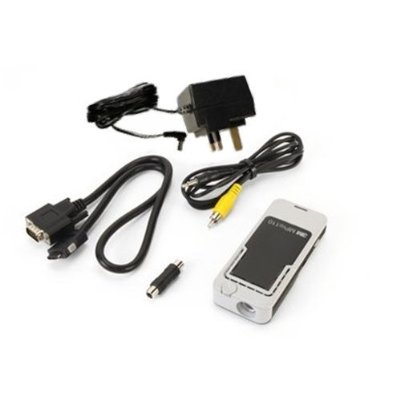 3M Micro Professional Projector MPro110
3M Micro Professional Projector MPro110Reviews Pico projectors are the new buzz word in mobile projection technology. Does this one from 3M live up to the hype?
-
 Kwik Fit protects, monitors web experience
Kwik Fit protects, monitors web experienceNews The UK insurance distributor is using new web monitoring technology to ensure the best customer experience as well as safeguard against fraud.
